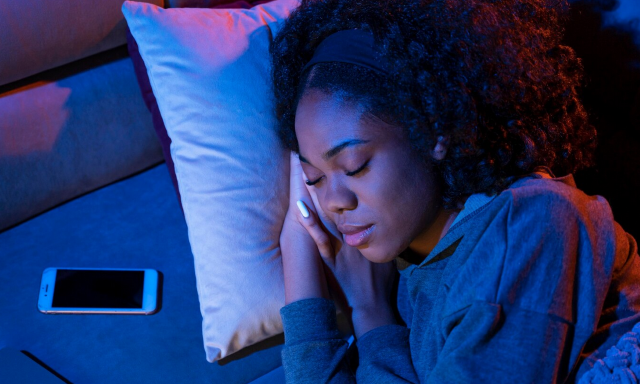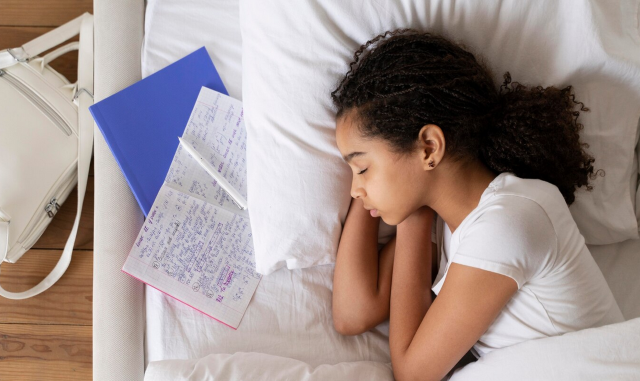A new research study has found that teenagers who go to bed earlier and get more sleep show significantly sharper brain function and stronger cognitive skills as opposed to their counterparts who do not go to bed early earlier or sleep longer.

“We think that it’s the sleep driving the better cognitive abilities, in part because we consolidate our memories during sleep,” Barbara Sahakian, a professor of clinical neuropsychology at the University of Cambridge told The Guardian in a recent interview about the new research study.
Sahakian, her team, and researchers at Fudan University in Shanghai analyzed data from 3,222 young people in the adolescent brain cognitive development study. This research study is the largest long-term investigation into brain development and child health in the US. Those who took part in the study underwent brain scans, cognitive tests, and tracked their sleep using Fitbits.
Upon concluding the study, the research showed that those teenagers who went to bed earlier and slept the longest had sharper mental skills and scored better on cognitive testing. These individuals also out performed their peers who didn’t go go sleep earlier or stay sleep longer on things such as reading, vocabulary, problem solving, and other tests.

Colin Espie, a professor of sleep medicine at the University of Oxford, who was not involved in the study, told The Guardian that, “One of the consequences of having highly evolved brains, that can perform complex tasks, is that as humans we are particularly dependent on sleep, not least in the developing years,” he said in response to the study.
He concluded, adding, “As this research shows, falling asleep late and getting less sleep is problematic. No doubt this is exacerbated on school days when young people need to get up relatively early for school, and play catchup on the weekends – a phenomenon known as social jet lag. We would do well as a society to place more emphasis on sleep by, for example, incorporating more sleep health content into personal and social education at secondary school.”

So just what are the official recommendations for teens and sleep?
According to the American Academy of Sleep Medicine, they recommend that teens between 13 and 18 years of age should sleep eight to 10 hours per night on a regular basis to promote optimal health.






